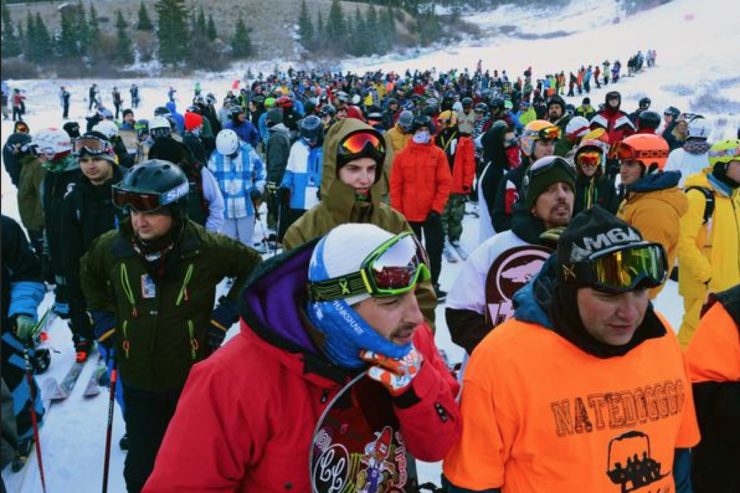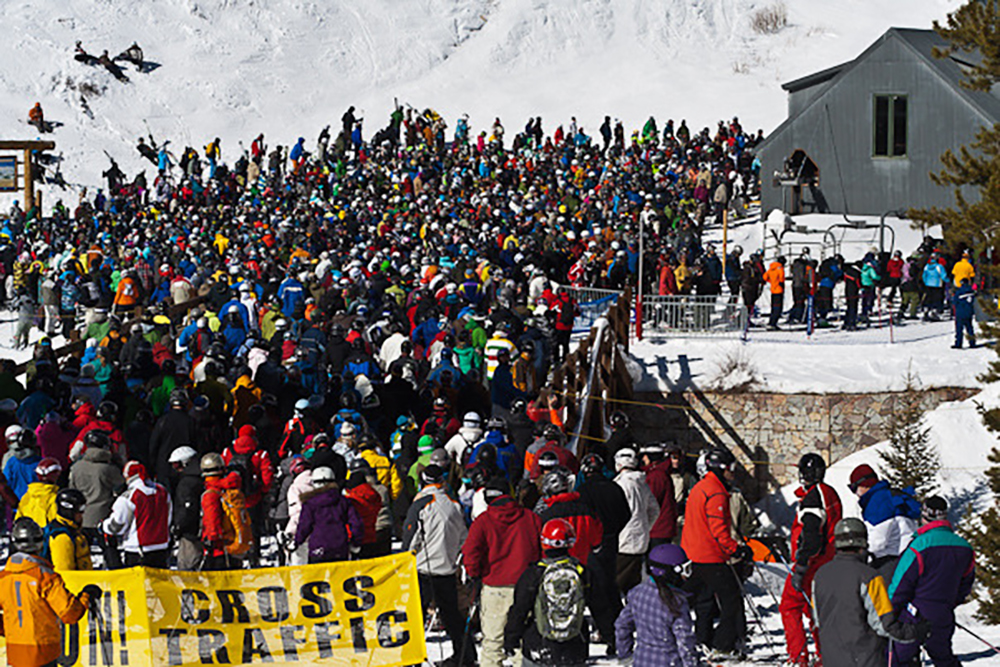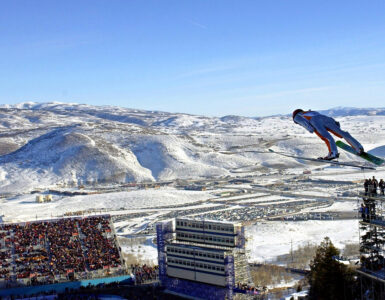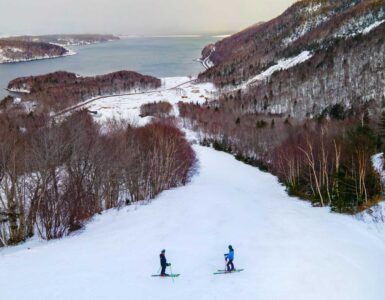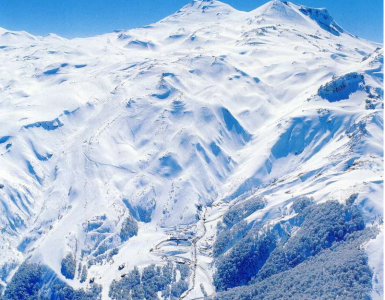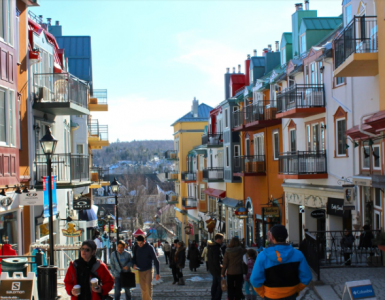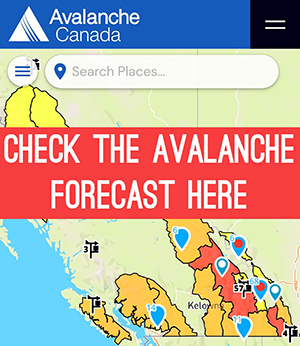Covid Spikes and staff shortages are impacting resorts throughout the world this season.
A special testing site opened at Killington Resort on Sunday after 5 percent of its staff contracted Covid over the holiday period.
The Vermont Department of Health confirmed that, as of Thursday, 86 Killington employees had tested positive, making this the largest known outbreak currently affecting a Vermont business, according to a health department spokesperson.
“We continue to monitor and comply with the ever-changing landscape of the pandemic, prioritizing the safety and wellbeing of guests, staff, and the community,” said GM Mike Solimano. “We have and continue to work closely with the Vermont Department of Health, and they told us we’ve done everything we can correctly.”
Prior to the season, Killington instituted an employee vaccination mandate requiring all staff to be vaccinated by Dec. 10. The resort also held weekly onsite Covid testing throughout November and December.
Heading into this week, Killington has closed rental operations at two of its base lodges, K-1 and Ramshead, and closed ticketing windows at Bear Mountain until at least Jan. 6.
Killington is not alone in facing a spike in infection rates and staff shortages.
As a record number of pass holders arrive at Vail Resorts ski areas, a critical labor shortage and quarantined workers has delayed terrain openings and cut services, spurring a backlash among workers and local skiers.
A Vail Resorts spokeswoman said the company anticipated hiring challenges and this season raised starting wages at its larger ski areas to $15-an-hour. The company requires employees to be vaccinated, but the rise of the omicron variant during the busy holiday season created staffing shortfalls, she said. But ski patrols at all resorts are fully staffed, she said.
“We profoundly understand the challenges our employees are facing. After nearly two years of dealing day-in and day-out with the impacts of COVID-19, our employees are now up against the impacts of staffing shortages – in some cases having to work longer hours or in new roles,” said James O’Donnell, president of the company’s mountain division, in an emailed statement. “Every holiday season is busy and tiring for our teams, but this has been an incredibly hard few weeks – especially for those who just came off of dealing with challenging early season weather conditions.”
“I think we might feel it after the holidays. Hiring was so hard this year but everyone seems to be rallying right now,” said a Telluride ski patroller who is unable to talk on record per the ski area’s policy for talking to reporters. “But I think the canceled flights and COVID might be leaving us a little light on the customer side right now, too.”
Vail Resorts earlier this month told investors it had $1.5 billion in cash in hand and another $637 million available under debt agreements. The company cut prices for season passes by 20% earlier this year. The volume of sales set records, with Vail Resorts reporting 2.1 million sales of pre-purchased tickets and season passes before the resorts fully opened, a 76% increase in passes sold. Vail Resorts’ stock price has been in record-high territory since October.
“All of that while they are having a labor shortage. I’ve never seen morale so low at the resort,” said a longtime Vail ski instructor, noting how supervisors at the ski area had their pay frozen last year and annual raises were not reinstated despite the record number of passes sold. “Working there is like having a front-row seat watching Vail burn from the inside.”
The company’s labor issues reach just about every state where it operates. Skiers from Vail Resorts’ Stevens Pass ski area in Washington on Thursday created an online petition to “hold Vail Resorts accountable.” More than 11,000 people signed the petition in the first 24 hours.
“We are disgusted with the mismanagement of the ski area, the failure to treat employees well, or pay them a livable wage, and the failure to deliver the product we all paid for,” reads the petition at change.org. “There is a clear pattern of overselling passes and failing to provide the most rudimentary services to uphold Vail Resort’s end of the deal with consumers.”
“I wonder if it was the right time to replace actual people,” said a ski industry veteran. “Vail sold 76% more passes this year and they have $1.5 billion in cash on hand and they are not able to run their mountains.”
Ski the World if you can!
Source: SAM, the Colorado Sun


